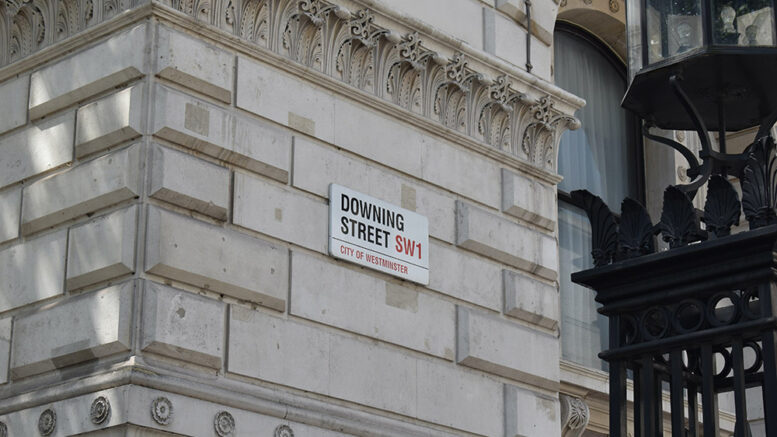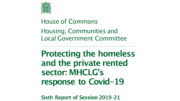The long-awaited Renters’ Reform Bill, initially promised in 2019, has been published by the UK government, introducing a range of measures to favour renters while providing some protection for landlords. The legislation aims to benefit 11 million tenants in England by creating “safer, fairer and higher quality homes,” according to the government.
The Renters’ Reform Bill abolishes section 21 ‘no fault’ evictions, empowering tenants to challenge poor landlords without fear of losing their homes. It also provides protection to over two million landlords by making it easier to recover properties when necessary, such as in cases of tenants failing to pay rent, selling the property, or moving in a close family member.
The government also plans to reduce notice periods for tenants who have breached their tenancy agreement or caused damage to the property. Reforms will be made to strengthen eviction powers for anti-social tenants, while a reformed courts process will digitise more of the eviction process to reduce delays.
A new mandatory Ombudsman will be introduced for landlords, and a digital Property Portal will outline landlords’ obligations to help tenants make informed decisions when signing new tenancy agreements.
Housing Secretary Michael Gove stated: “This government is determined to tackle these injustices by offering a New Deal to those living in the Private Rented Sector; one with quality, affordability, and fairness at its heart.” He further emphasised the government’s commitment to abolishing Section 21 ‘no-fault’ evictions, ensuring tenants have a “decent, safe and secure” home.
Additionally, tenants will have the legal right to request pets in their homes, which landlords cannot unreasonably refuse, although landlords can require pet insurance to cover potential property damage.
The Renters’ Reform Bill will also introduce the Decent Homes Standard to the private rented sector for the first time, ban blanket restrictions on renting to tenants receiving benefits or with children, and strengthen councils’ enforcement powers, requiring them to report on enforcement activity.








